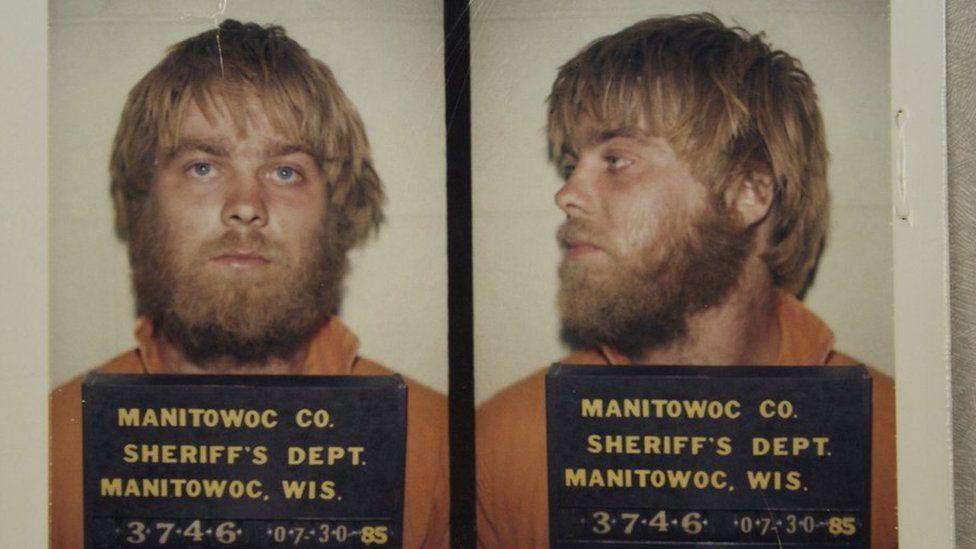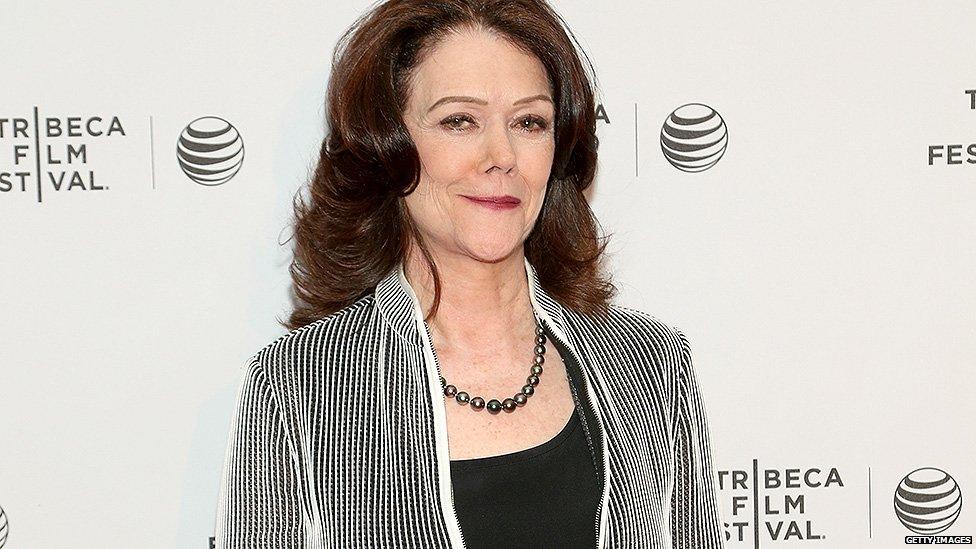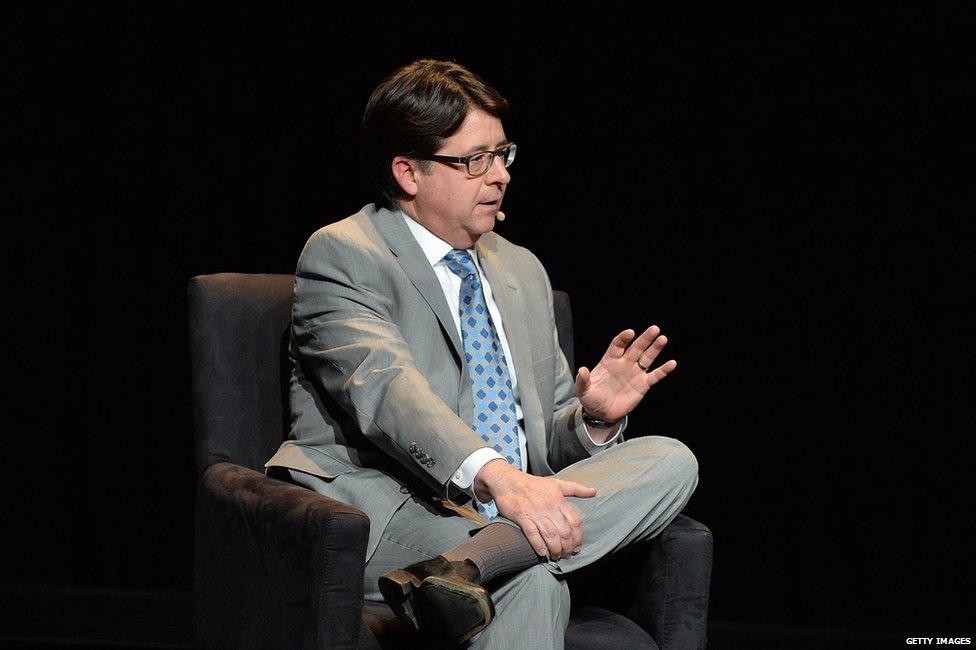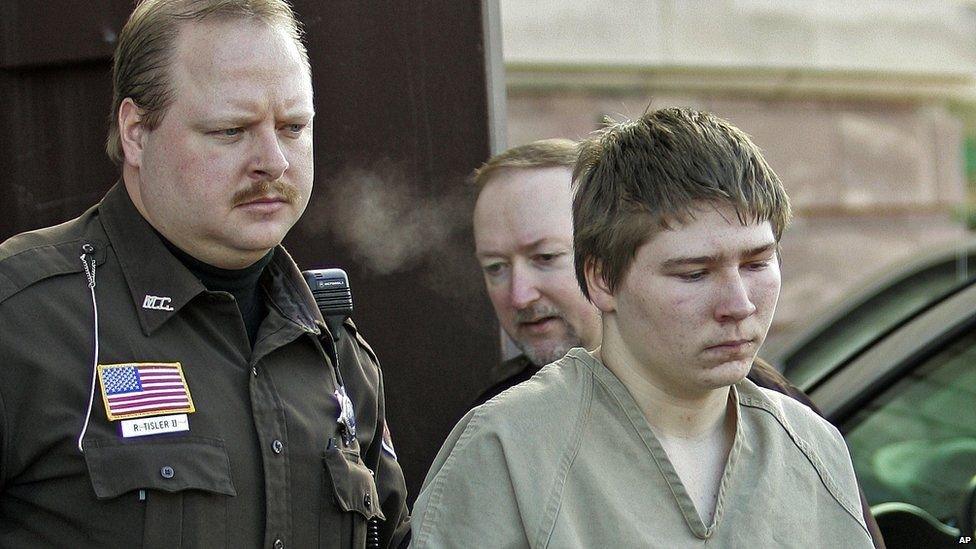Making A Murderer vial of blood and other evidence to be re-tested
- Published

Key pieces of evidence from the Steven Avery trial will be re-tested in an attempt to prove the 54-year-old's innocence.
Steven is serving life in prison, with no chance of parole, for the murder of Teresa Halbach in 2005.
His story became a global phenomenon when a film crew made a 10-episode documentary, Making A Murderer, for Netflix.
Stephen's lawyer Kathleen Zellner broke the news on Twitter.
"It's encouraging that the Attorney General's Office was so cooperative and helpful in expediting these tests," Kathleen Zellner said to the USA Today Network in Wisconsin.
"Our experience in our other exonerations is that's the best attitude in working toward trying to discover anything that gets to the truth."

Kathleen Zellner filed a request to have evidence re-tested on 26 August
News sources from Steven's home state of Wisconsin have revealed which pieces of evidence, external will be re-tested, many of which will be familiar to viewers of the TV show.
These include a vial of blood, which was taken from Steven in 1985 when he was wrongly arrested and imprisoned for rape.
During investigations filmed for the Making A Murderer TV show, his defence team discovered the vial had been tampered with and had a small hole, which they said could have been made by a hypodermic needle.

Dean Strang was one of the lawyers who represented Steven Avery at his trial for the murder of Teresa Halbach
Steven's blood was found in Teresa's car (which was found abandoned on his property) and his defence argued this could have been taken from the vial and planted to frame him.
The bloodstains found in Teresa's car will also be re-tested, along with her spare key - which was found in Steven's home the sixth time local officers entered the property.
The key was tested and showed it only had Steven's DNA, not Teresa's.
The blood and the key were crucial in prosecuting Steven Avery in this highly publicised and controversial case.

Brendan Dassey remains behind bars despite having had his murder conviction overturned
In August Steven's nephew Brendan Dassey, who was also jailed for the murder, had his conviction overturned after spending more than nine years behind bars.
But he remains in jail after the Wisconsin Department of Justice filed to overturn that decision.
His defence argued that he was coerced into confessing to the crime while being interviewed alone and without a lawyer.
A second series of Making A Murderer was confirmed in July.
Find us on Instagram at BBCNewsbeat, external and follow us on Snapchat, search for bbc_newsbeat